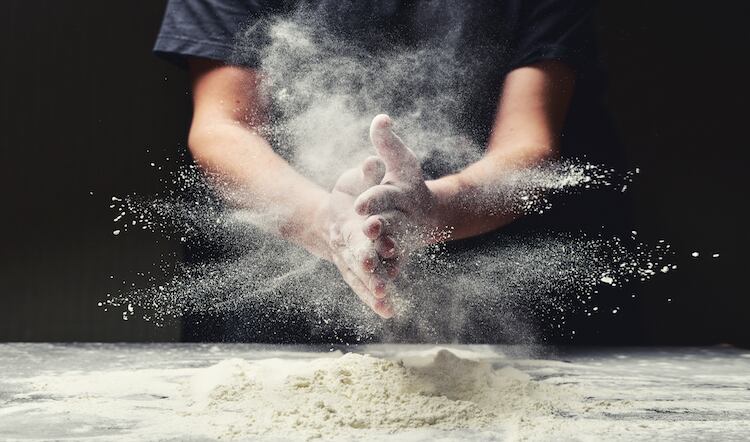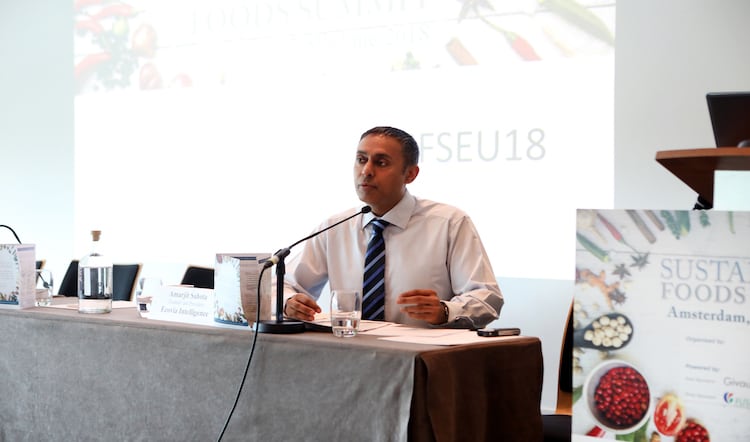It said that in bakeries for example, breathing in flour dust could be a “significant risk” as it could cause occupational asthma.
“We are aware that currently there is a restricted supply of dust masks (PPE) across many parts of the food industry and that many employers still rely on them to control exposure to hazardous substances,” it said.
“However, suitable control can often be achieved using good working practices and local exhaust ventilation (engineering controls), which then means that employees do not need to wear dust masks, reducing overall pressure on the supply chain.”
Prosecute
HSE said that it would not “give a guarantee” that it would not prosecute, or take enforcement action but said that employers that could demonstrate effective control of risks with the appropriate combination of good working practices, engineering control and PPE were not likely to face enforcement action.
It said that if dust masks were necessary to assist in reducing exposure to flour dust to a level as low as was reasonably practicable (ALARP), HSE guidance was that it should have an assigned protection factor (APF) of at least 20 (e.g. FFP3, reusable respirator with a P3 filter or a TH2/3 powered air respirator).
Risk assessment
“Where an employer is anticipating that their supplies of PPE with an APF of at least 20 will be exhausted and they are unable to source another supply, then they must carry out a COSHH risk assessment,” it advised.
It also urged bakeries to consider additional measures, such as using non-stick coatings on conveyor belts and greaseproof paper on trays instead of flouring the surfaces. In addition, it said that bakers should consider using low-dust flours as a lubricant and for dusting and use flour improvers in a paste or liquid form instead of powder to reduce the airborne dust generated.
Another suggestion was to separate the weighing and dispensing of flour and powdered ingredients from the remainder of the production area.




